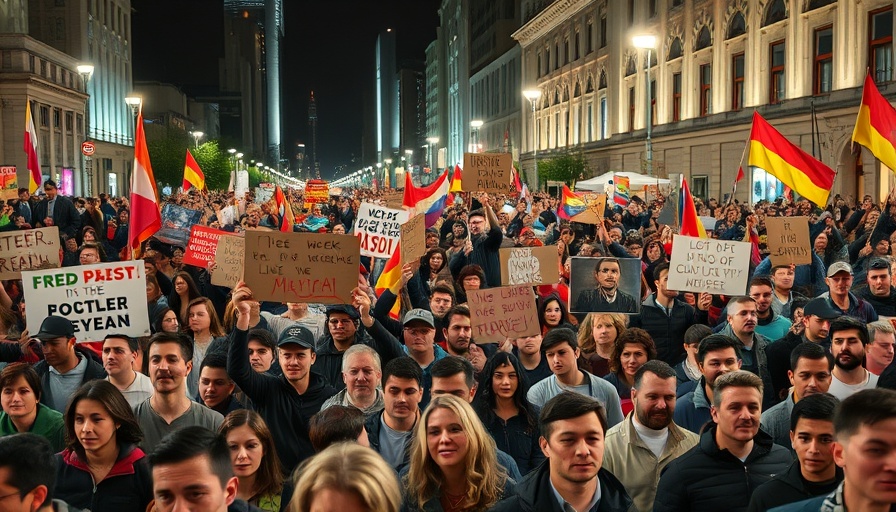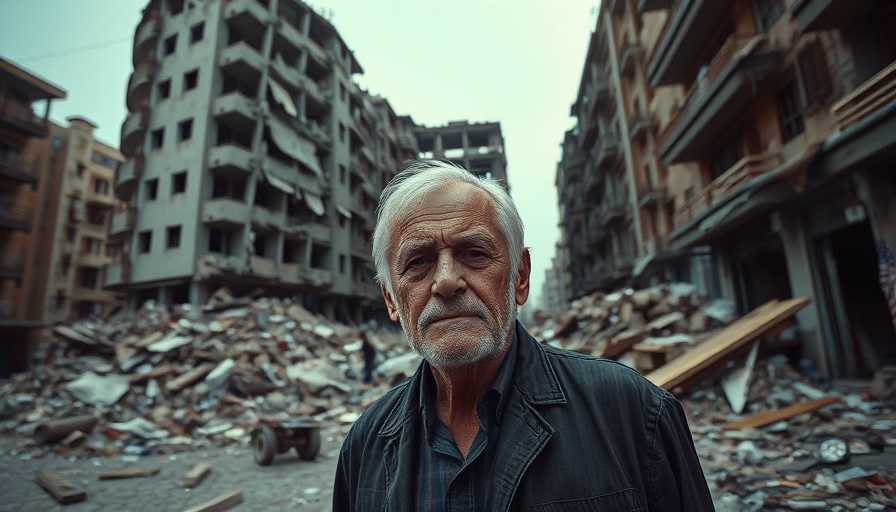
The Growing Concerns of Crime and Homelessness in D.C.
In a recent statement, former President Donald Trump has intensified his focus on the escalating issues of crime and homelessness in Washington, D.C. Emphasizing a need for tougher law enforcement responses, his comments reflect a broader conversation that has emerged amidst rising public concerns over safety and urban living conditions. As crime rates fluctuate and homelessness remains a poignant issue, Trump's rhetoric appears to resonate with constituents seeking action from federal leaders.
Examining Recent Crime Rates and Incidents
Recent statistics reveal a worrying uptick in various crimes across the district. The Metropolitan Police Department reported increases in violent crimes and thefts, sparking public fears and calls for more rigorous policing. This concern is compounded by visible homelessness in urban areas, which some argue is intertwined with crime. Proponents of stronger law enforcement measures assert that addressing crime could also assist in better management of homelessness and related social issues.
Parallel Perspectives on Solutions
While Trump's emphasis on federal law enforcement indicates one viewpoint, local advocacy groups highlight a different approach to tackling these challenges. They argue that without addressing the underlying causes of homelessness—such as mental health issues, affordable housing shortages, and systemic poverty—efforts to clamp down on crime may prove fruitless. A more holistic approach could involve investments in social services and community programs aimed at helping the vulnerable populations.
Community Response to Crime and Homelessness
Residents' sentiments are mixed, with some echoing Trump’s concerns, advocating for safe communities. Others passionately support initiatives that prioritize human-centric social policies. Recent town hall meetings have seen vocal exchanges, where neighbors share personal stories and call for both increased safety and compassion in local governance. This shift in public dialogue underscores a longing for solutions that balance security with empathy for the city’s most challenging human conditions.
Implications for Future Governance
Looking ahead, it is clear that the D.C. administration faces mounting pressures to address the intertwined issues of crime and homelessness effectively. Local leaders will need to navigate a path that considers diverse community needs while also attending to public safety concerns. Future strategies might include expanding mental health resources, enhancing law enforcement training, and investing in affordable housing to create residential stability.
Engaging Citizens in Dialogue
For any administration, including recent candidates expressing similar viewpoints, fostering open and inclusive dialogues with citizens will be crucial. Engaging people from all walks of life will enable a better understanding of how policies can serve everyone, not just those who voice the loudest concerns. As stakeholders from various sectors of society come together to discuss and enact change, a potential roadmap for creating a safer and more humane D.C. may begin to unfold.
Conclusion: A Call for Comprehensive Solutions
The rhetoric around D.C. crime and homelessness is not simply a political talking point; it is a human issue that affects the daily lives of many. Local governments, community leaders, and federal officials must prioritize developing actionable solutions that address both public safety and the needs of the homeless population. Balancing these priorities will define the narrative of Washington, D.C., in the years to come, and active citizen participation will be key in shaping effective policy.
 Add Row
Add Row  Add
Add 




Write A Comment